【文化释说英文有声书】关心他人为重 It is important to care for others
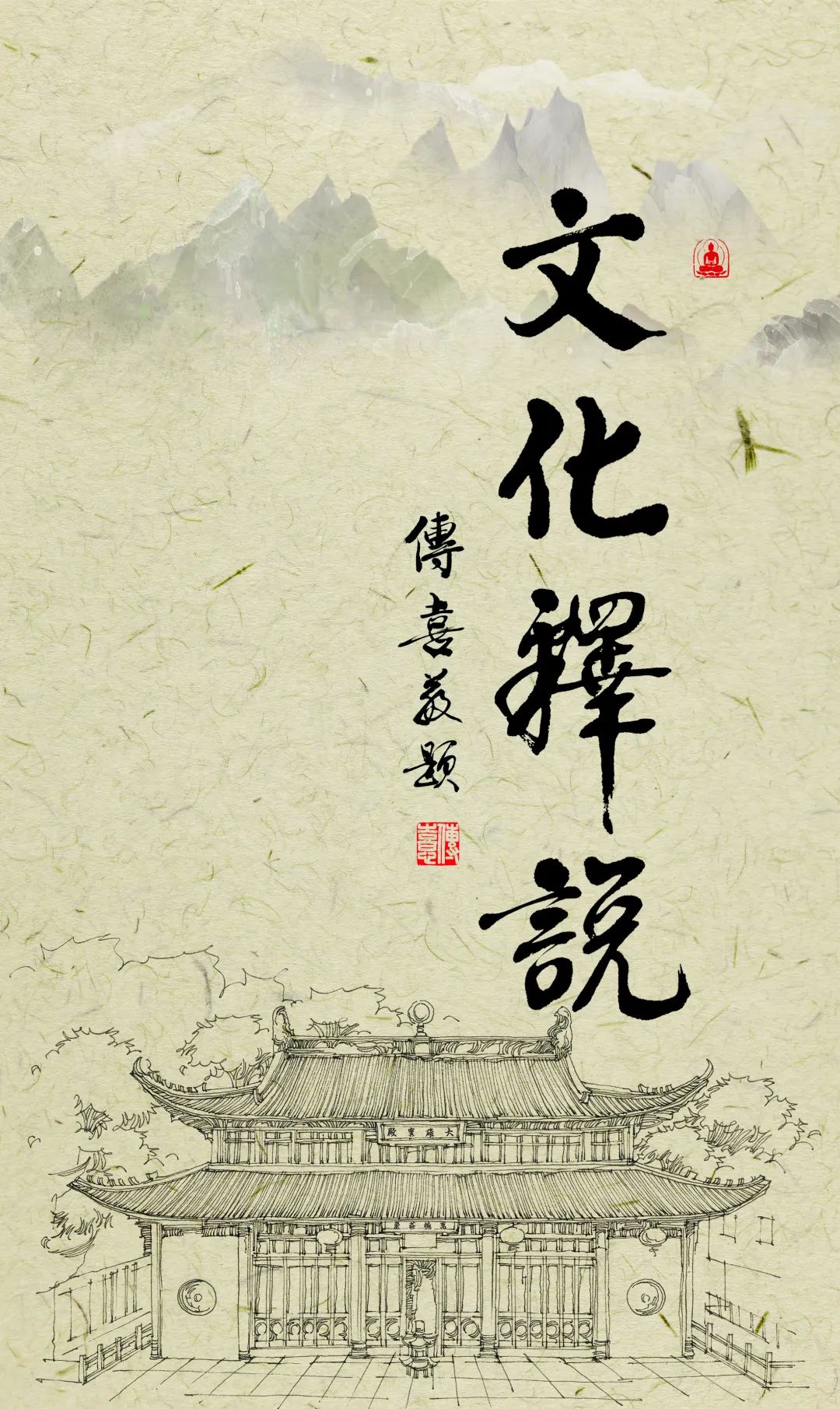

一、关心他人为重
One – It is important
to care for others

记者:法师,我不知该怎么介绍您更合适,网上至少有几种说法:称您是文化学者、教育家,您更喜欢哪个称谓?
Journalist: Master, I am at a loss as to how it is most appropirate for me to introduce you as people on the internet address you in at least a few ways - as a cultural scholar, an educator... Which would you prefer?
传喜法师:这都是大家给予的厚爱,作为我来说是很惭愧的,每一个称谓我都不敢当,都是对我的鼓励,我会把它变成动力去努力。
Master Chuan-xi: This is all due to the kindly affection everyone has showered on me. To me, I feel very humbled. I dare not say I live up to each and every one of these titles. These are all encouragement for me. I will transform such encouragement into the motivation to strive harder.

记者:我看到您有很多粉丝,写了很多文章称赞您,您能把儒释道三教贯通起来,因此称您为“文化学者”。
Journalist: I see that you have a lot of followers who have written much to praise you. You are being called a cultural scholar as you have been able to merge the teachings of Confucianism, Buddhism, and Taoism.
传喜法师:儒释道博大精深 , 我还没有做到融会贯通 , 但是我愿学习 , 然后跟大家一起分享学习的快乐。
Master Chuan-xi: The teachings of Confucianism, Buddhism, and Taoism are deep and profound. I have yet to harmonize them into a unified whole, but I am willing to learn and then share with everyone the joy of this learning.
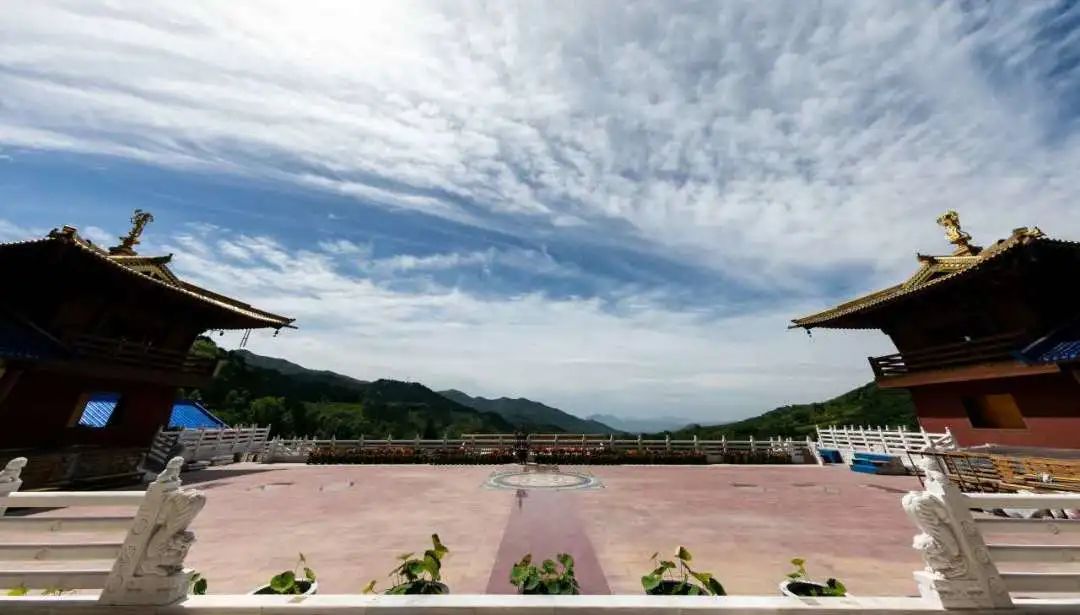
记者:大家评价说,您在做教育,您不仅在国内,而且在世界各地都产生了很大影响,所以说您是“教育家”。
Journalist: Everyone has commented that you have been involved in educational work. You have caused great influence not only in China, but in many places all over the world as well. That is why they call you an educator.
传喜法师:文化一旦产生就没有界限。无论佛教的智慧 , 还是祖先传承下来的文化 , 尊敬它的人,仰慕它的人,在分享其丰硕成果的时候是没有界限的。
Master Chuan-xi: There are no boundaries as soon as a culture is given rise to. Whether it is the wisdom in Buddhism or the culture one’s ancestors have passed down, there are no boundaries when people who show respect and admiration enjoy their rich fruits.
记者:熟悉慧日寺的朋友讲,在慧日寺看到彩虹的概率很高,慧日寺也叫“彩虹寺”,以后想看彩虹就来慧日寺。
Journalist: Those who are familiar with Hui Ri Monastery say there is a very high chance one could sight a rainbow here. Hui Ri Monastery is also known as Rainbow Monastery. Thus, one should come to Hui Ri Monastery if one hopes to see rainbows.
传喜法师:彩虹是一种自然现象。任何一种好的现象,我们不敢有贪求之心,否则,哪天彩虹不出了,那岂不破产了吗?所以我也不敢去祈求这些,有或没有,非我所想。对我而言,只是偶然巧合而已。
同时应该说,文化有文化的力量,我们在学习传统文化的时候,出现彩虹,本身就很易于让人联想。从某一个角度来说,这对大家学习传统文化升起信心是很有帮助的。很多人在看到彩虹的时候,幸福指数、欢喜心肯定是上升的,正能量在增加。
Master Chuan-xi: A rainbow is a naturally occurring phenomenon. We should not dare to have a mind of covetousness when it comes to any natural phenomenon. Otherwise, the rainbows will not appear. Would not that leave us with nothing? Therefore, I also do not dare to pray for these to happen. It is not up to me whether they appear or not. It is only because of happenstance and coincidence that they do.
At the same time, we must say that culture has its inherent energy. When we learn about traditional culture, it is easy for one to draw references when rainbows appear. From a certain perspective, this is very helpful towards instilling greater confidence in everyone who learns about traditional culture. Upon seeing a rainbow, the happiness index and joyousness of many will definitely go on the rise, and positive energy increases.

记者:您知道您的粉丝最喜欢您哪一点吗?您猜猜看。
Journalist: Do you know what your followers like most about you? Make a guess.
传喜法师:我自己很难想像他们喜欢哪一点,有时候我觉得我自己身上有一股倔劲吧,这有可能是成功的地方,也有可能是失败的地方。
Master Chuan-xi: It is very hard for me to imagine what they like about me. Sometimes, I feel there is a certain sense of doggedness about me which is something that could lead to success but also something that could lead to failure.
记者:在慧日寺待了几天,我发现您的很多弟子看到您,都会感动得泪流满面,是什么在打动着他们?
Journalist: Having stayed in Hui Ri Monastery for a few days, I noticed that many of your disciples have been moved to tears when they see you. What is it that has so moved them?
传喜法师:生命,其实是有深度的,难探究竟。长久以来,无论我们学习知识,还是讨论社会文化以及生活中的这些话题等,真正能够触及到我们生命深处的东西太少。虽然每个人都活着,但在生命深处有时却处于一种压抑的状态。当讲到信仰、讲到佛教时,这时恰好能够打开这扇心灵之门,一旦触及到心灵深处,泪水就会潸然而下,那是情不自禁的。有时,泪水也是一种语言吧,泪满胸怀,喜极而泣。
Master Chuan-xi: There is actually depth which is inexplicable to life. Since time immemorial, be it when we acquire knowledge or when we discuss social cultural and life issues like these, things which can really touch our lives deep inside are too few and far between. Although we are all living our lives, we are in a state of repression deep inside. It is only when we talk about our beliefs or Buddhism that we are able to coincidentally open up this door to our heart – such that upon having been moved spiritually deep inside, tears flow instantaneously. This is something uncontrollable. Sometimes, tears are also a kind of language. One weeps during extreme joyousness as one’s bosom is full of tears of happiness.
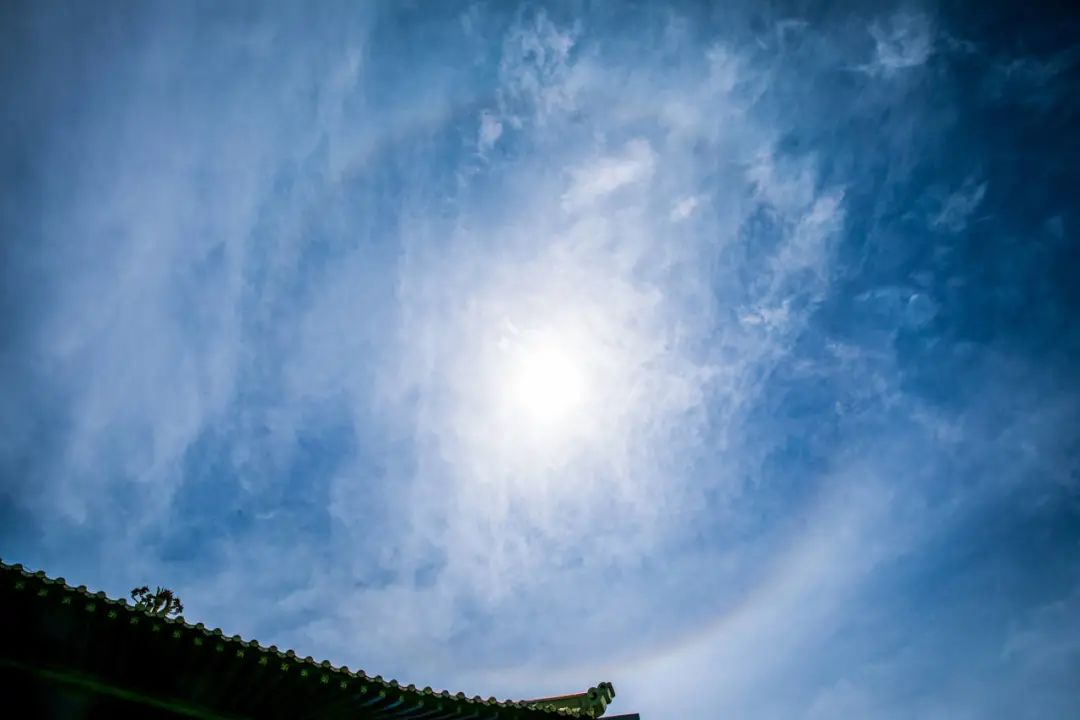
记者:这次慧日寺之行,有幸赶上了您主持的一场法会,在现场看到很多人都在哭,听您的弟子们讲:师父在开法会的时候也会哭,是什么让您哭的呢?
Journalist: During this trip to Hui Ri Monastery, I have been fortunate enough to participate in one of the Dharma assemblies you presided over. I saw many people tearing at the assembly. I have heard from your disciples that you would tear sometimes during these assembles as well. What is it that makes you tear?

传喜法师:从佛教的角度,这个世间不仅有人,还有畜生、鬼道,甚至也会想到我们的父母、生生世世的父母。佛教的人生观是广义的,有六道的观念。在六道轮回中,如果你看到这些众生跟你的实质性关系,就是你的父母的话,或说,如果我知道我的父母在做牛做马,在地狱里受苦,那比在医院里开膛破肚还要痛苦时,又怎忍心我们的恩人在受苦而自己却袖手旁观呢?
再者,一个人学佛之后,心灵会越来越敏感,生命跟自然、跟人的关系会更融洽,更容易体验到别人的感受,也更容易被自然景观、被人的情感所触动。
这种生命的敏感提升了生命质量,但不一定带来更多快乐,至少是一个人在提升了生命质量后,能够感同身受、换位思考、将心比心。所以,学佛更容易体验孔老夫子的“己所不欲,勿施于人”,更能体会到“独乐乐不如众乐乐”,这种生命与生命之间的关系。在法会或讲法的过程中,“那些流泪”都是自然而然的流露。因为佛的经典讲到了我们生命之间最美好的那种关系,甚至怎样用佛法的智慧和力量去报答父母,报答天下的有恩者,报答他们的恩德。这时,最容易触碰到心灵的最柔软最敏感最悲悯之处,也最容易产生悲悯苍生的感怀。
Master Chuan-xi: From the Buddhist perspective, this world contains not merely humans but animals, ghostly beings, and even other beings who used to be our parents during our past existences. The Buddhist definition of life is wide-ranging as there is the idea of the Six Realms. If you are able to understand the real nature of the relationship you have with myriad beings in the cycle of the Six Realms, then knowing that your parents in your past existences are now cows or horses, or are suffering in hell – something far worse than having one’s chest and belly opened up in the hospital – would you bear to just stand beside and do nothing, and let those who have benefitted you before suffer on their own?
Furthermore, one will be more spiritually sensitive after having taken up Buddhist practice. One will be more in tune with nature and more harmonious with other people. He will empathize with people more and will be moved by natural sceneries and the emotions of others more easily.
This kind of sensitivity to life enhances the quality of one’s life. However, it does not necessarily bring about happiness. At the very least, with this enhancement in the quality of life, one will be able to empathize more, put oneself in another’s shoes, and treat others as how one would like oneself to be treated. As such, it is easier for one to be able to realize what Confucius had taught about ‘not doing unto others what you desire not to be done unto yourself’ when one practises Buddhism; and one is also more able to understand the interconnectedness between lives as one shares his happiness with others instead of enjoying it on his own.
During Dharma assemblies or when I speak on the Dharma, these incidents of tearing are instances of the natural expression of our feelings. This is because when the Buddhist sutras touch on the most delicate links in our life, or on how we can employ Buddhist wisdom and energy to repay our parents and all our other benefactors in the world for their kindness, it is during these times that the subtlest, most sensitive, and most sympathetic spiritual part in us is most easily inspired, and our compassion for all life under heaven most easily given rise to.

记者:看过您视频或参加过法会的信众,有的说:这个法师“笑起来迷人,哭起来动心”,您知道自己爱哭、爱流泪吗?
Journalist: Some of those who have watched your videos or have taken part in your Dharma assemblies have said that you have an alluring laughter, and that people are moved when they see you tear. Do you know that you like to cry and tear a lot?
传喜法师:是。有时候我也想忍住,不流泪,但有时情不自禁。我就跟大家解嘲说:我这个人哭点很低。
Master Chuan-xi: Yes, sometimes I want to hold it, to not tear; but I could not control it at times. I would like to let everyone know as I laugh at myself for having such a low crying threshold.
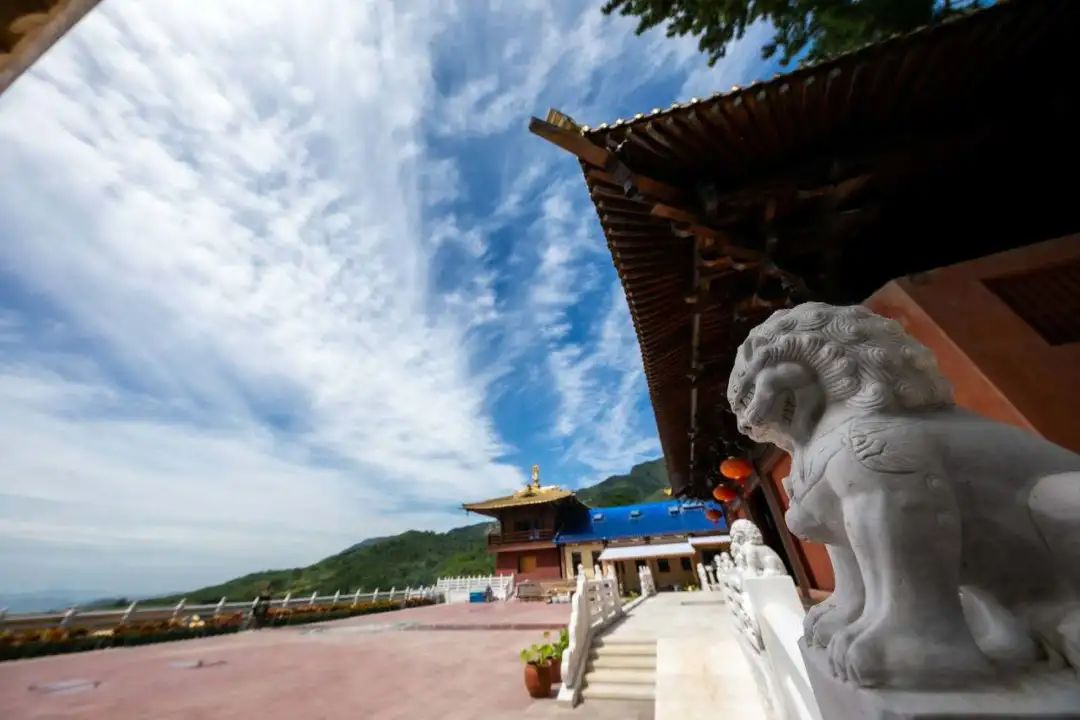
记者:这么多年来,您的使命感到底来自于哪里?
Journalist: From where has your sense of mission come all these years?
传喜法师:最初是从自己对生命的这种不放弃,想找到一个充实的生命,想找到立于天地之间的这种存在感、生命的价值,对我来说这是不懈的追求。
当从传统文化里获得了生命的滋养,能够六神有主,可以安身立命,自我回归了;一个人当生命充实了就会“大”,大而有“光”,生命就有“质感”,当生命有质感时自然就会关心大家的生命质量,有句话叫做“关心他人为重”。
从自己家里开始,我的父母兄弟、亲戚朋友,然后到社会上的有缘者,慢慢帮助大家一起把心灵的沙漠绿化,让绿茵满怀。
其实我们个人的痛苦是具有代表性的,精神食粮不同于吃饭,平时吃饭酸甜苦辣,众口难调,但精神需求往往具有相同性。
所以,我觉得是我们祖先的文化滋养了我,就像我生过这个病,知道这个病的痛苦,好不容易找到了能治这个病的灵丹妙药,就特别想能跟大家分享,使大家都能病愈。反过来说,我的病治好了,如果我不把这个药推荐给病人的话,我的良心会受到谴责,就是自己得到了利益,也不忍心别人再在这个上面遭受痛苦。
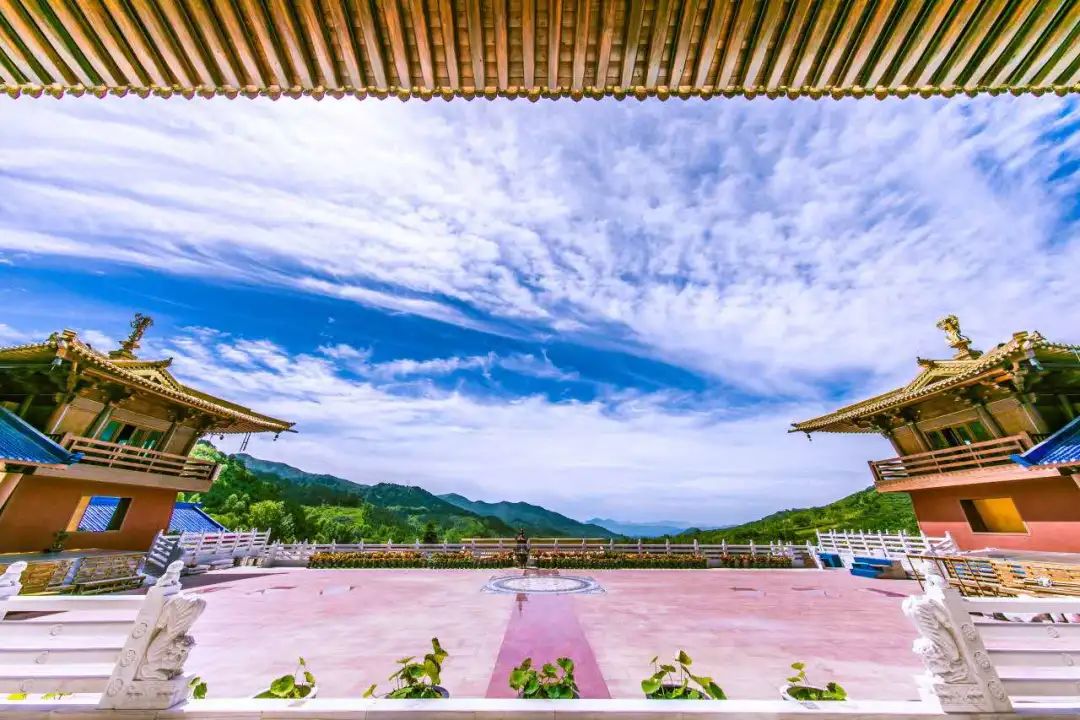
Master Chuan-xi: In the beginning, it was from the perseverance in the search for a fulfilling life, the search for a sense of being in between the heaven and the earth, as well as for the value of life. To me, this has been a relentless pursuit.
As a person’s life is being nourished by the traditional culture, he is able to take charge of his mental faculties, be at peace with himself, be purposeful in life, and return to the self. When a person’s life is being fulfilled, it will become great and illuminated, and there will be quality to life. When there is quality in life, one will also naturally be concerned with the quality of the lives of others. Hence, there is a saying that it is important to show concern for others.
We start from our own family – our parents and siblings, relatives and friends, and then those with a connection to us in society – to gradually help everyone in making green our spiritual desert so that we can be filled with lush flora inside.
In fact, there is significance to our suffering at the individual level. Spiritual nourishment is unlike food. Tastes vary when it comes to everyday eating, be it sourness, sweetness, bitterness, or spiciness. However, spiritual needs can often be common.
As such, I feel that the culture of our forefathers has provided me with nourishment. It is like I have had this illness known as suffering, and have been able to find the wonder cure to that illness after a very difficult time, and I especially wish to share it with everyone so that they can be cured as well. On the other hand, if I do not recommend the cure to other people who are sick after having been cured myself, I will be subject to the censure of my conscience. I would not bear to see others suffer in a similar way when I myself have benefitted from the cure.
英文翻译&读诵:建成
慧日国际微信工作室
往期精选:
善師贊 Praise to the Wholesome Teacher
《妙法莲华经》(五百弟子受纪品第八)(Keith美式发音读诵)
【殊胜日功德亿倍】《妙法莲华经》(化城喻品第七)(Keith美式发音读诵)
【中英双语】《妙法莲华经》(授记品第六)(Keith美式发音读诵)
超能力、折叠时空、选择觉醒还是酷炫的神通?——「慧」看电影之《奇异博士》
最新视频《祈愿Praying》全网首发,祈愿世界疾疫消除、众生吉祥安乐
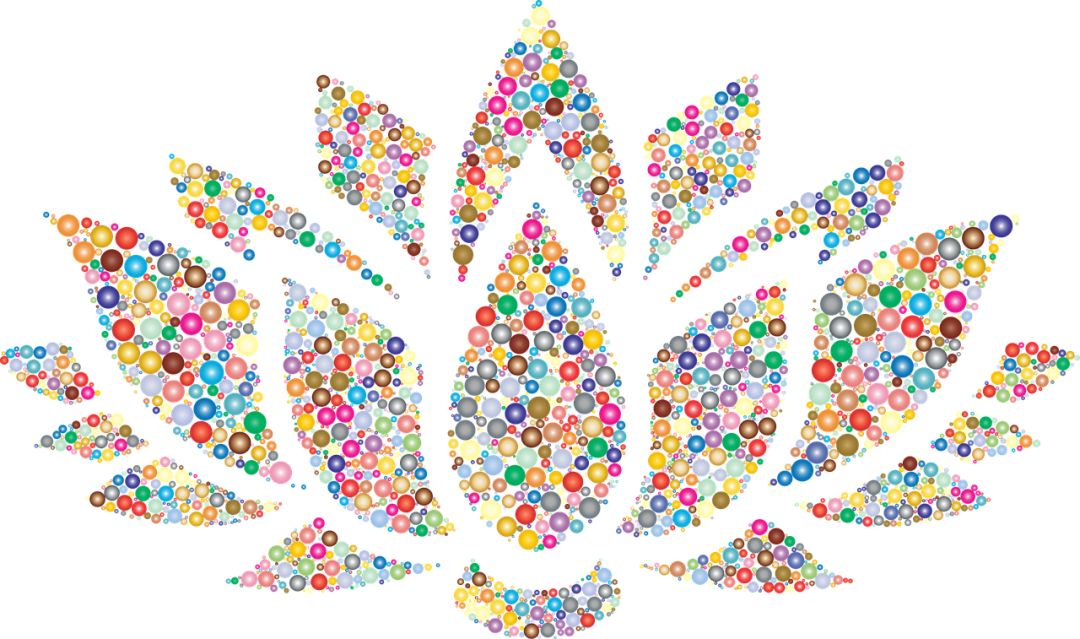
什么!?慧日国际佛学平台招募义工,还不赶快报名!
我们用心选择图文,陪伴读者走过漫漫时光,如果您也怀揣信仰,
擅长英语、法语、德语、意大利语、西班牙语、葡萄牙语、俄语、韩语、日语、瑞典、挪威语、荷兰语、泰国语等语种翻译,文字编辑,和图文海报设计,那就别犹豫啦!邮箱:Huiriguoji_recruit@qq.com
~随喜转发~
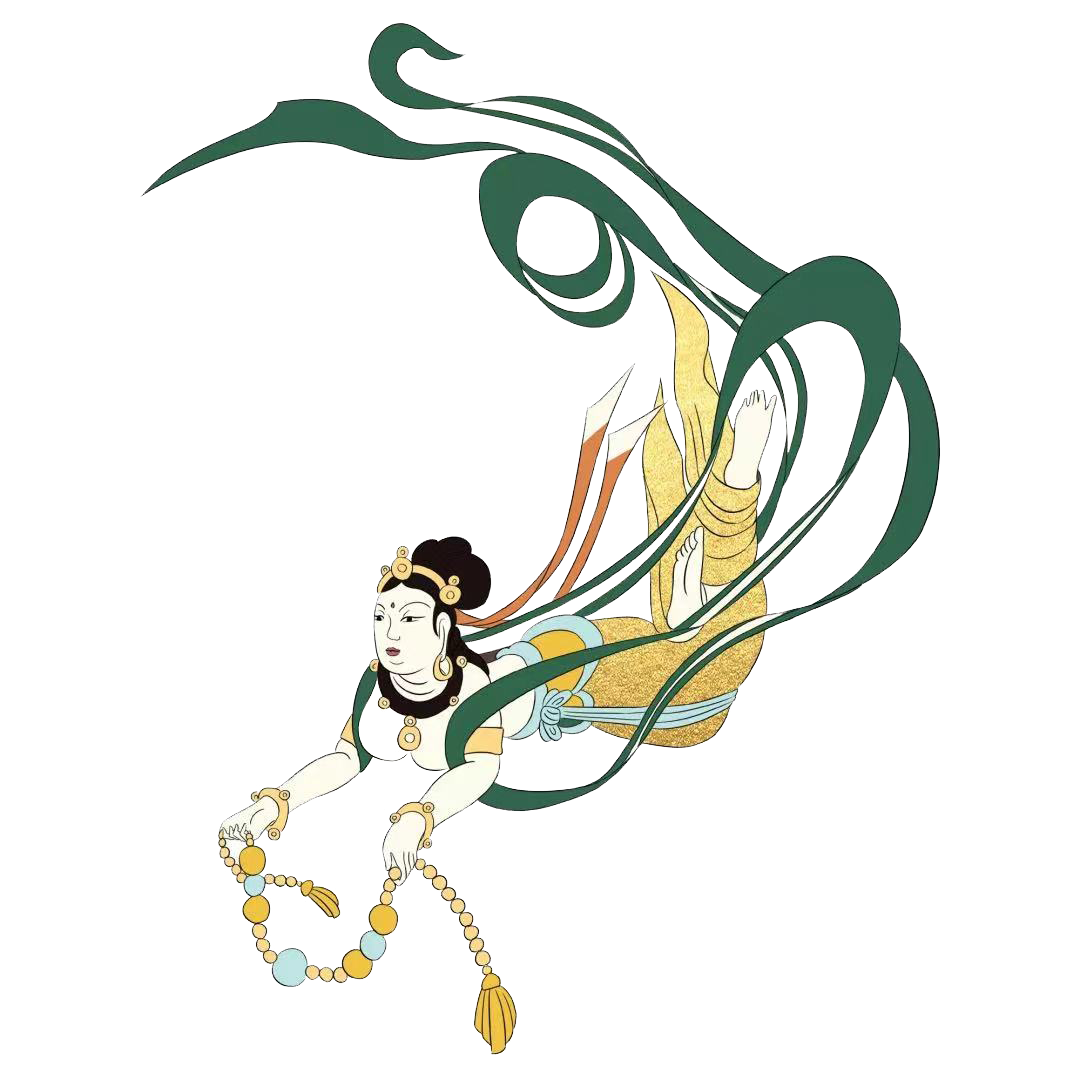


关注公众号
发菩提心
慧日国际佛学HRIB
义工招募:
如果您对微信排版、海报设计、多语种翻译有兴趣
请和我们联系吧!
- 相关文章
- · 上坡下坡,直路弯路,怎么观修?——日诵净行品52-58愿
- · 大智文殊菩萨对智慧第一的舍利弗,说了什么?
- · “好好好”,这也是一种无奈
- · 出家要离恶友
- · 什么可以让我们感染圣贤之德
- · 来人间的方式那么多,为什么佛选择入胎?——《天台宗纲要》学记第十课
- · 【寒衣节】孝亲报恩 慎终追远
- · 他舍弃王位找到的答案,也是你需要的
- · 这一天,为什么这么祥和?
- · 来人间的方式那么多,为什么佛选择入胎?——天台宗纲要学记第十课
- · 出家要近善人
- · 都说好人自带光辉,你的光是什么颜色?
- · 【悟道法师净土精要】善有乐报 恶有苦报
- · 回忆里的痛,要如何承受?
- · 【俄语视频】慧日法语甄选|对宇宙的呼唤
- · 【画话】药师佛圣诞,送你一剂灵丹妙药!
- · 我出家80年了,每天都还要给妈妈回向
- · 恭迎药师佛圣诞〡一份增福增寿、消灾免难的必备指南
- · 出家要学定力
- · 在这个世界,衪是我们的依靠 | 恭迎药师佛圣诞